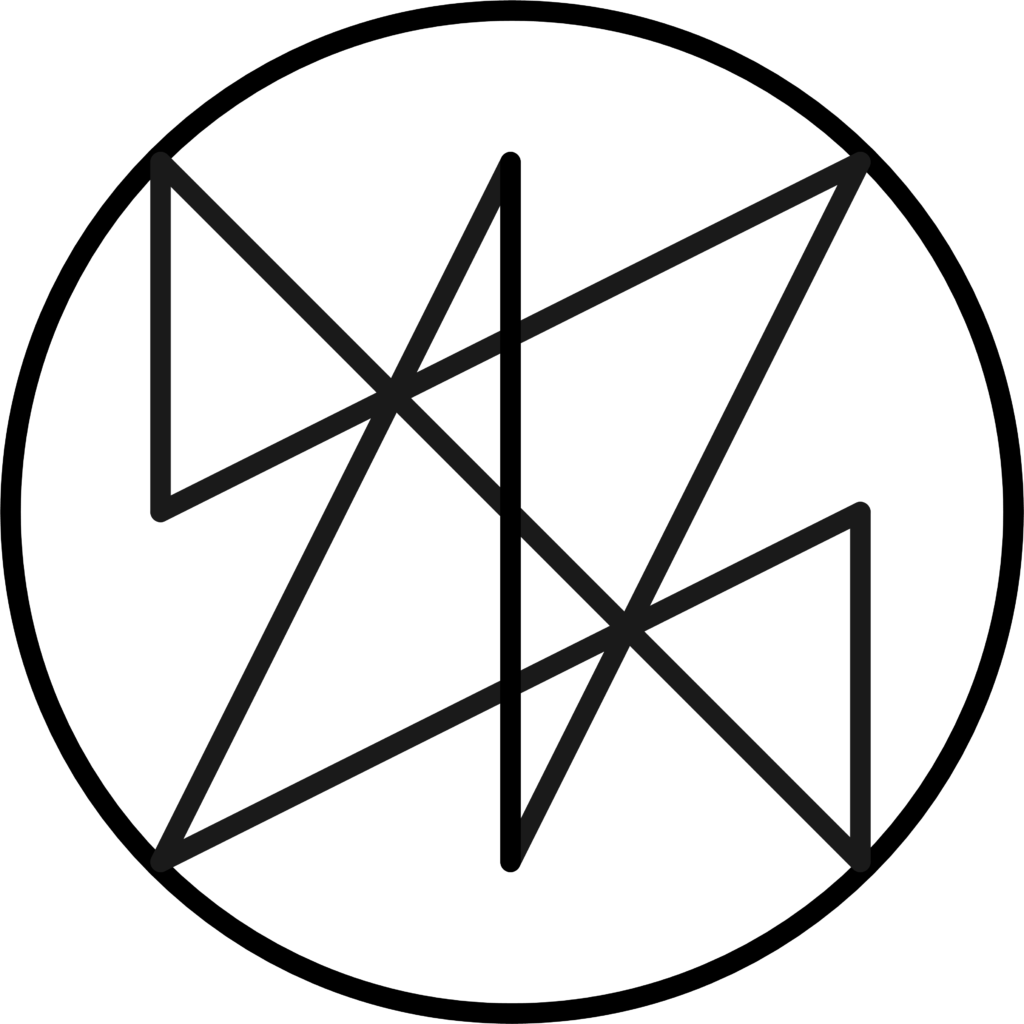AOM Education, Critical Thought and Complexity
Knowledge is not an object or a tool that can be used without studying its nature. It is a question of preparing minds to reach for clarity. Part of this comes with the awareness that what we know is subject to error. There are several bases for these errors of knowledge, which might include irrational […]
Partnering for Success
Whole Foods Helps Create New Possibilities for AOM Could occupational medicine revolutionize the field of acupuncture and Oriental medicine and health care in general? The Academy of Oriental Medicine at Austin (AOMA) is involved in a joint initiative with Whole Foods Market (WFM) and Lerner Education to provide an avenue for acupuncturists wishing to get […]
Integrative Medicine and Public Health
The Institute of Medicine (IOM) convened the Summit on Integrative Medicine and the Health of the Public, Feb. 25-27 in Washington, D.C., in order to advance the science and progress of integrative medicine in the United States. The summit brought together educators, policy-makers and health care providers from multiple sectors to present challenges and opportunities […]
The Bright Future of Acupuncture
Chaos theory suggests that we cannot predict the future, yet it is human nature to try. People have looked for predictive signs since the dawn of time. Here, we consider the present as a seed for the future in terms of trends, education, market demands, social systems and policy. It will be necessary for us […]
AOM Program Helps Vets Recover from PTSD
Veterans can now gain hope for recovery from post-traumatic stress disorder (PTSD), which is a condition that has symptomatic features of recall, arousal and avoidance. The Academy of Oriental Medicine at Austin (AOMA) partnered with the nonprofit Save A Vet (www.SaveAVet.com) and the Austin Veterans and Family Advocacy Council (AVFAC) to assist in a program […]
Clean Needles for Acupuncture Safety
A recent article in the British Medical Journal by Woo et al. argues that infection from acupuncture needles is a serious problem.1 Pointing at 50 cases worldwide since 1970, the author implies that acupuncture is dangerous because the risk of infection is high and that acupuncturists are not using sufficient care to prevent infections. Both […]
What’s In A Name?
I was approached to write this article series based upon my experience with the current discourse and leadership within the field over the last two decades. Though truth be told, I was also chosen because of a willingness to take time to write about the “hot topics” that we all face. Areas of discussion will […]
Proving East Asian Medicine
East Asian medical research focuses on quantitative means of proof. This affects the information obtained, thus what become considered best practices. I maintain that the world of East Asian medicine might also be understood through qualitative means. In this article, I address the thinking behind these forms of research and to provide some examples of, […]
Politics of Evidence
Acupuncture is no different than placebo. The refrain is repeated over and over. For me, the question begins with: How do you know you achieved placebo? Were the results such that they could lower cost of care? Here is an example of policy development even with studies that show no difference from placebo. It is […]
Cultural Competency in East Asian Medicine: Perspective as a Tool
Medical education involves the development of cultural competencies. In this discussion, I present the idea of perspective as a tool for navigating complex cultural environments. Hopefully, this article will provide a consideration for coursework in U.S. schools of acupuncture and Chinese medicine. Skilled reasoning allows for the other points of view, especially for controversial subjects. […]
